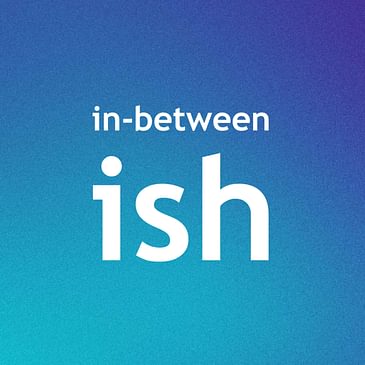What if you don’t fit the stereotype?
In this episode, Sadia Azmat, a published author, podcast host and a stand-up comedian, brings a unique perspective to the discussion on cultural identity. Sadia is born in Britain to Indian parents and she is also a practicing Muslim, however, she does not quite fit the perception people tend to have of her. She shares her journey with embracing her hijab and how it became complicated due to media narratives and misconceptions surrounding it. Sadia also touches on her experiences dealing with cultural expectations, relationships, and finding peace within herself.
Episode mentions
- Sex Bomb — memoir by Sadia Azmat
- No Country for Young Woman — BBC Sounds podcast co-hosted by Sadia Azmat
- Find out more about Sadia Azmat through her website
—
✳ Leave a Review or Rate the show on Apple or Spotify. It means a lot!
✳ Sign-up to The QUEST. Newsletter to explore the crossroads of multiple belongings.
—
Original music is composed and produced by Malik Elmessiry.
The inbetweenish pod is created and hosted by Beatriz Nour.
—
Curious to learn more about the in-betweenish?
Visit our website: www.inbetweenish.net
Behind-the-scenes is on our Instagram: @inbetweenish.pod
Have an idea? Contact Us or send an email to beatriz@inbetweenish.net


